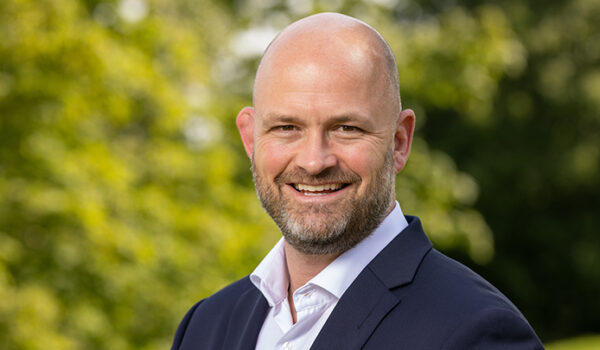
Written by: Patrick Mcclughan
As the effects of climate change become starker, countries are working to move away from fossil-fuel generated electricity and instead build out renewable energy capacity to slash their carbon emissions. While this shift has been developing for over a decade, the transition has been accelerated by recent geopolitical circumstances, highlighting the vital need for global renewable energy capacity.
We have seen positive moves regarding net zero goals, with the EU implementing a proposed target of 45% renewable energy by 2030, and some countries having sub-targets along the way, like Germany who are legally bound to reach 80% renewable energy by 2030. But for the full potential of renewable energy to be realised, we need to manage increased volatility and that requires energy storage to balance the grid. The energy storage market is therefore set to grow rapidly alongside renewables, with estimates of a 15-fold increase in global capacity by 2030.
Energy storage, particularly long-duration is a central pillar of the renewable energy ecosystem, but underinvestment in storage projects threatens to delay Europe’s progress towards net zero.
Technology is ready to use today to supercharge renewable expansion
A fully renewable energy grid will not be possible without energy storage technologies. Long Duration Energy Storage (LDES) allows for grid-scale storage of energy and provides a source of flexibility to enable secure and affordable power grids by shifting oversupply of renewable electricity to times when demand is high.
Compressed Air Energy Storage (CAES) is a type of LDES which converts compressed air into electricity at peak times, lowering peaks in demand and subsequently, prices. LDES is an essential partner to renewables, so it is imperative that it receives adequate investment.
The investment case for LDES
As renewable energy goes mainstream, so too does LDES. The past year has seen a seismic shift in the policy landscape surrounding energy storage, with the release of REPowerEU. This plan, alongside the Inflation Reduction Act in the US, marks a spectacular shift towards energy storage by advising member states to consider LDES projects as in the “public interest” and encouraging an influx of investment into these green technologies.
Alongside the strong policy landscape, the LDES market conditions are healthy, with a report from McKinsey emphasising the importance of flexibility enabled by LDES, and the direct potential of LDES deployment for the avoidance of 1.5 to 2.3 gigatons of CO2 equivalent by 2040.
Due to the favourable policy environment and robust carbon-cutting credentials, LDES is an attractive investment option; it is poised to expand, and when it does, it will enable the rapid decarbonisation of Europe’s energy grid, meaning cheaper electricity prices for consumers and businesses. Investment in energy storage is not only a net zero necessity, but a sensible financial decision.
Corre Energy is uniquely placed to deliver storage solutions
Corre Energy is a leader in the development of LDES projects. With sustainability at the heart of our company, we provide products to help accelerate the energy transition.
We have energy storage projects in the Netherlands and Denmark, which are both CAES facilities with inbuilt hydrogen capability. For our project in Zuidwending, the Netherlands, we have partnered with Eneco, a major Dutch renewable power supplier. This essential work will support efforts in reaching the nation’s target of 100% clean power by 2030 by unlocking grid congestion. By securing this offtake agreement, Corre Energy has successfully integrated into the renewable grid and de-risked the project for our investors.
We have also partnered with Siemens Energy in a global collaboration agreement to systemise our approach to project delivery and help us to continue to build a strong joint advocacy for LDES. Our CAES projects have the potential to grow, decarbonise, and stabilise global energy grids, making us a socially and economically beneficial investment prospect.
Investment can help unlock a secure and clean energy future
LDES offers a huge opportunity for private-led infrastructure investment. The shift in recent policy has turned the potential for LDES into a tangible future reality, realised by projects like ours in The Netherlands and Denmark.
This is no time for blue sky thinking; the sky has been mapped, and all the signs point towards the importance of LDES for net zero. Instead, further policy and investment into the technologies that can turn the dial on net zero must follow to ensure a clean energy future.

